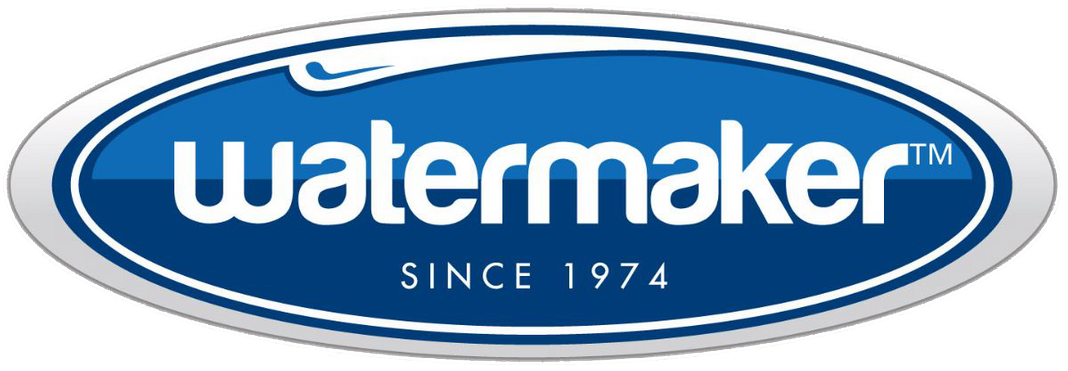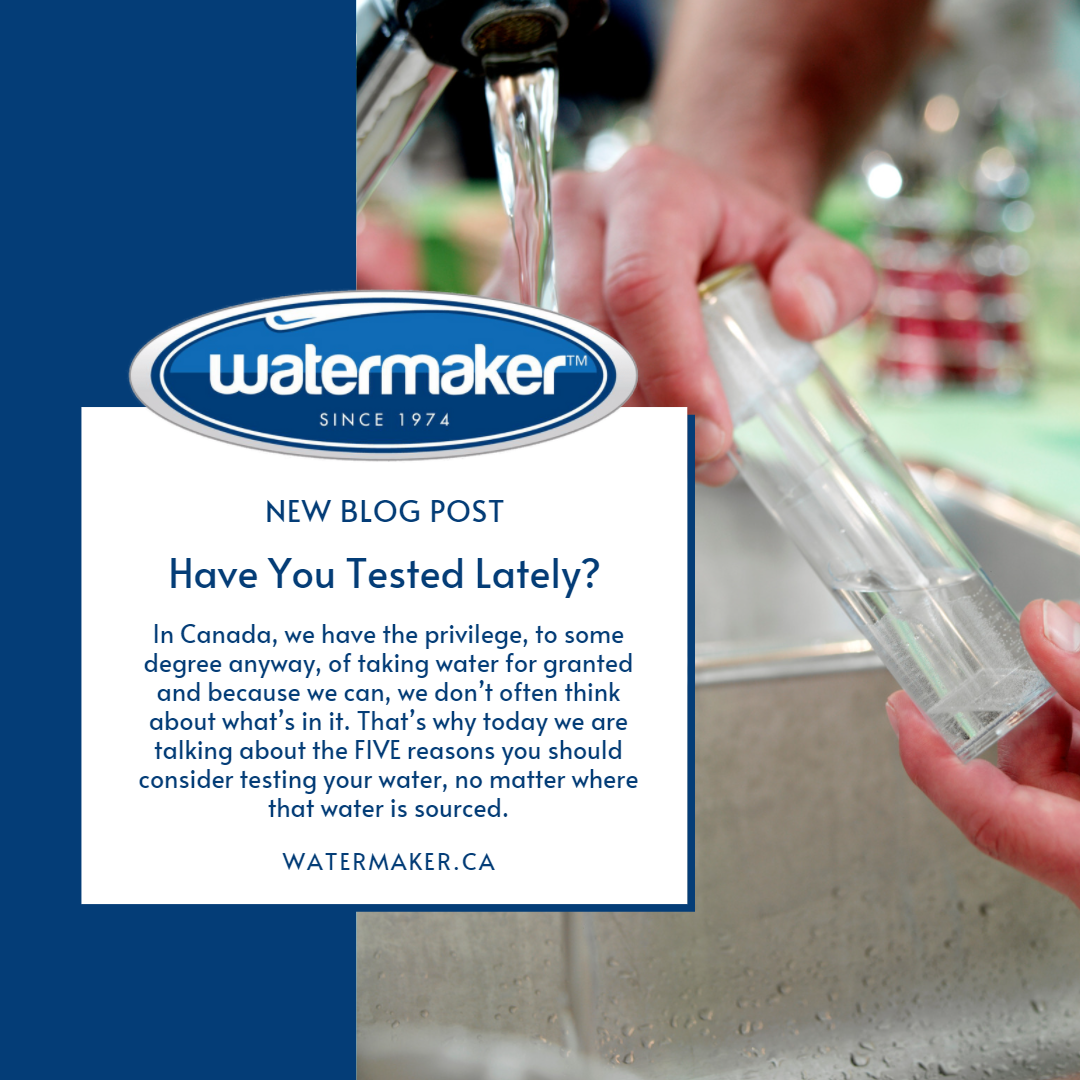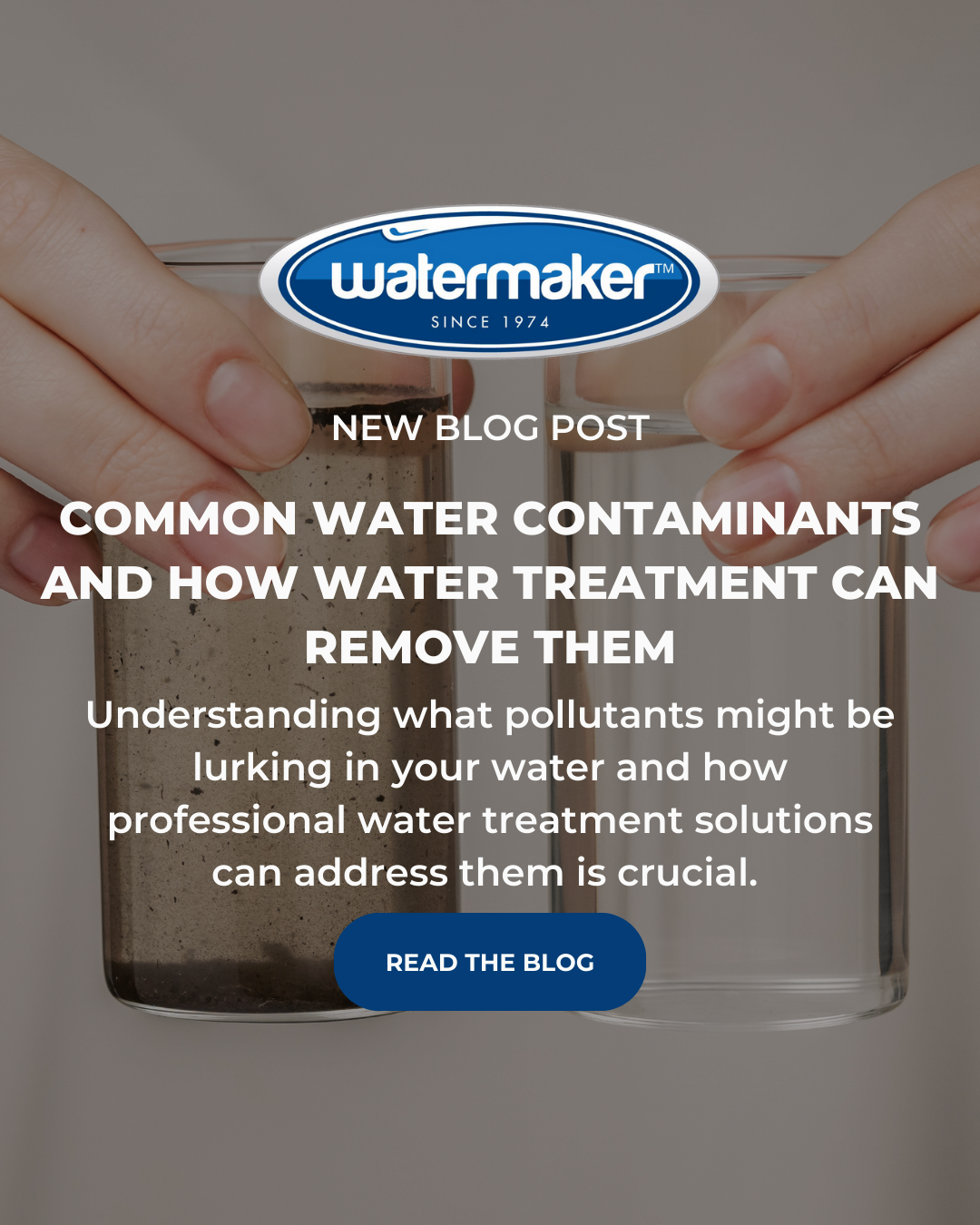Water testing: Have you done it lately?
Many things “test” us; from taking tests at school or our kids who “test” our patience, to doctors who order tests in order to help diagnose our ailments. More recently, as a result of the pandemic, many of us have been tested for Covid-19. But there’s one thing we might not think about when it comes to testing – and certainly something we likely don’t test often enough even if we do think about! That’s our water source. In Canada, we have the privilege, to some degree anyway, of taking water for granted and because we can, we don’t often think about what’s in it. That’s why today we are talking about the FIVE reasons you should consider testing your water, no matter where that water is sourced.
5 Reasons Why You Should Be Testing – Your Water That Is!
- Water is a fickle thing.
It looks beautiful and clear – most of the time – and yet even within that clarity, water-born illness could be lurking. Even things like iron or fluoride, that are not necessarily harmful by any means, are present in the water supply of many municipalities and understanding what’s in your water is important in terms of understanding its potential impact on your own and your family’s health. Some families don’t want exposure to fluoride while others welcome it. No one wants to be exposed to E-Coli because while for some it might result in gastro-intestinal illness, for others it can be deadly. Water can sometimes smell strongly of sulphur and while in small amounts that’s fine, in higher concentrations it can have a laxative effect causing chronic diarrhoea. In turn, for a senior this might result in dehydration, a dangerous condition for medically fragile people. In short – clarity isn’t always clear but testing your water will bring clarity!
- Water can damage elements of your home.
Depending on your water source, water can cause long term damage to areas in your home including your pipes, your appliances and your surfaces such as sinks, bathtubs and showers or toilets. You may find yellowing, or rusty looking staining on your surfaces and sometimes even on your clothes, cutlery and glassware. Deposits can build up in your pipes, on your taps or showerheads and result in clogged water systems and they look unsightly too. You may not even know about the damages until it’s too late and pipes or appliances need costly repairs or replacement.
- Water is good for you – but it can be damaging too!
Of course we all know that water is good for us and certainly we are reminded to drink water every day to help maintain our overall health. After all, the human body consists of around 60% water! However, certainly water that isn’t treated (Are you on well water? If so see last month’s blog,) could result in a host of issues including very dry skin and lacklustre hair. Even thinning hair and hair loss can result from poor water quality. If your soap doesn’t lather or rinsing the shampoo from your hair proves difficult, it might be time to test your water.
- I’ve heard lead can be in water. Should I be worried?
Testing is actually the only way to determine if you have lead in your drinking water and yes, lead can be dangerous at certain levels. According to the government of Canada, lead can lead to neurodevelopmental issues in children, cognition issues in adults, and even renal dysfunction or behavioural issues. Commercial, residential and city sources of lead may come directly from lead pipes, soldering and brass or bronze fittings commonly used in the construction of plumbing systems prior to 1975 and in some cases as late as the mid 1990’s. If you think your home may contain lead pipes you should consider water testing.
- I’m pregnant or thinking of becoming pregnant.
According to some US sources, testing for nitrates in water early in your pregnancy, when you first bring baby home and if you are nursing is an important tool in minimizing risk. Nitrates can be particularly harmful to infants under 6 months old as it can impact the ability of their red blood cells to carry oxygen causing methemoglobinemia or “Blue Baby Syndrome.” Private wells and/or homes situated near agricultural lands might be more susceptible to higher levels of nitrates and should be checked regularly. While adults can typically better break down nitrates, babies under 6 months don’t yet have the ability to do so, that’s why testing is so important.
Testing your water source doesn’t have to test your patience. It’s easy to do and there are a number of ways to have your water tested, including contacting Watermaker Orangeville who has been in the water business since 1974! We’ll arrange for water source testing and can make recommendations for better water that will suit both your budget and your lifestyle. From something as simple as a water delivery service or U fill bottle options to the installation of complete water filtration systems we can help. In January we emphasized the importance of well water testing but the reality is, wherever your water is sourced, water testing is an important tool for managing your family’s health and wellness. Have you tested lately?



